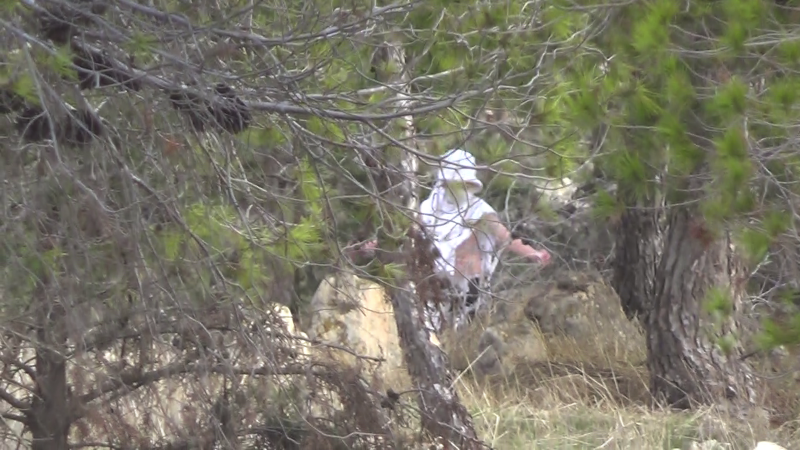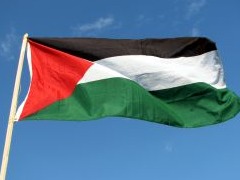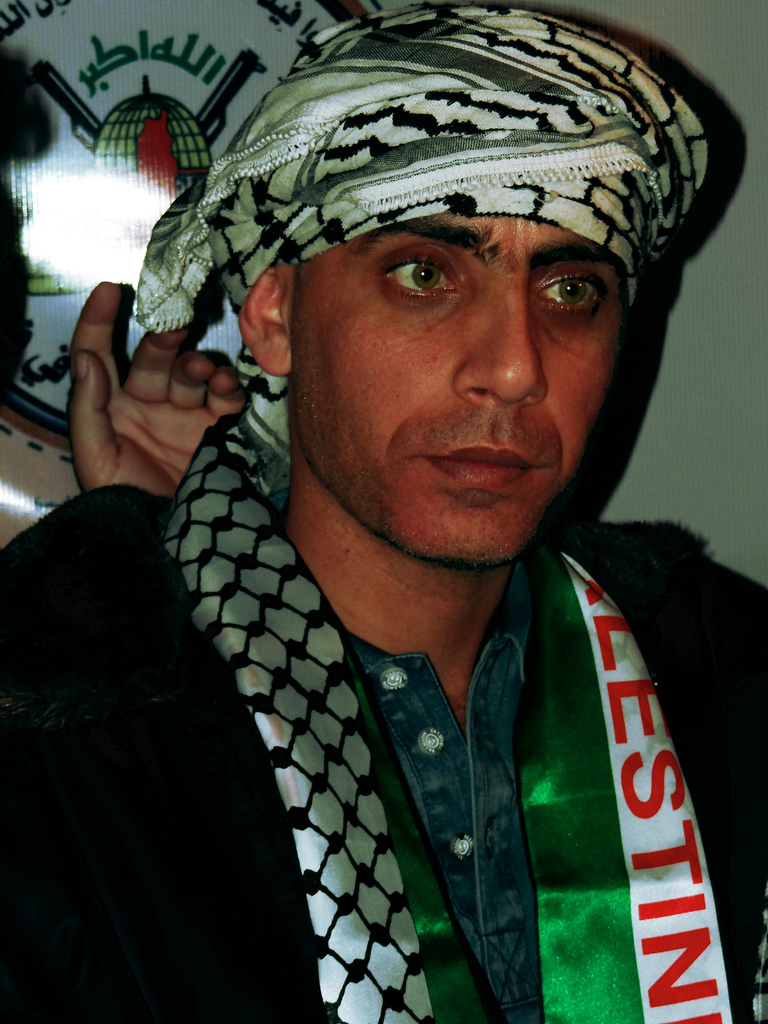Category: Press Releases
-
Two international activists to be deported after their arrest is declared illegal
09th January 2014 | International Solidarity Movement | Occupied Palestine Yesterday, Wednesday 8th January, at approximately 11am in Khalil (Hebron), Vincent Mainville and Fabio Theodule (Swiss and Italian citizens respectively), were arrested by Israeli border police officers. The two international activists were first detained while trying to stop Israeli forces firing live ammunition and tear gas…
-
26 Palestinian political prisoners released; 5,000 remain in prison
7th January 2014 | Resistenza Quotidiana, Sil | Gaza, Occupied Palestine 26 political prisoners, held in Israeli prisons since the Oslo Accords, were released the night of 30th December. About 5,000 others remain in prisons located in the territories occupied in 1948, a violation of international law. Umm Dia’a thought her son would be among the…
-

Settlers attacked member of the South Hebron Hills popular committee
30th December 2013 | Operation Dove | At Tuwani, Occupied Palestine On December 28, a group of settlers attacked Palestinians who were plowing a field in the South Hebron Hills village of At Tuwani. Hafez Huraini, a member of the South Hebron Hills Popular Committee (SHHPC), was injured in the attack. According to Huraini, at about 2.45…


